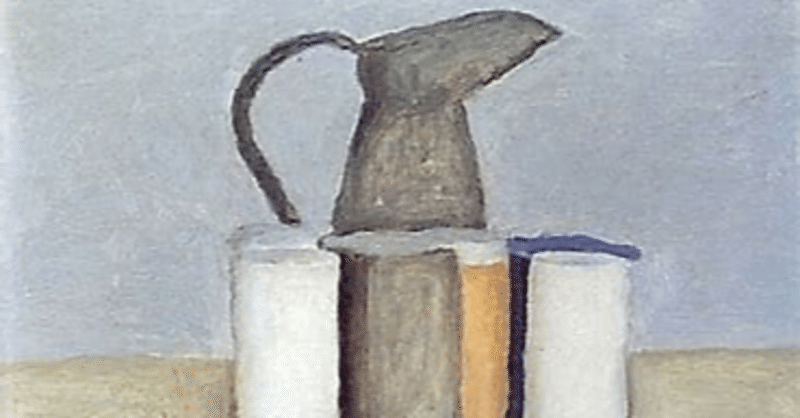
Creating a Renaissance from Eighty Years old
Statistics convey an astonishing fact: there are as many as 12.5 million individuals aged eighty years and above. Indeed, one out of every ten Japanese people is part of this group aged over eighty. When confronted with this reality, we are compelled to ask: How should we live our lives? This question is currently confronting us.

Keiko Higuchi: Respect for Life, Walking through a Centenarian Society
──You've been working hard, and you're turning 80 on May 4th this year, right?
Finally stepping into the uncharted territory of an ultra-aged society, I tremble as one of its participants. It might sound exaggerated, but I am among the first generation of seniors living in a society where life expectancy reaches a hundred years. I want to fulfill my responsibilities as one of the pioneers. Various illusions about an aging society have vanished, and the stark reality requiring our awareness of difficulties has become visible. Some are even fostering an atmosphere of disliking longevity. However, the universalization of long life that we have now attained will never be realized without peace and a certain level of prosperity. If longevity breeds anxiety, it will diminish the hope of younger generations. People with a hundred-year age gap can coexist and communicate the essence of life.
Japan leads the world in average life expectancy, aging population ratio, and the speed of aging. It holds the triple crown. The world is paying attention to Japan's approach. Hence, now is actually a chance—a significant opportunity. Japan's exceptional elderly care, both in terms of software and hardware, stands as a crucial export item. Gathering exemplary social activities of the elderly and inviting global representatives of aging societies as part of an international tourism package could be an option. Japan's active elderly population is an important tourism resource."
On March 11, 2011, what were you doing on that day?
A little after 2:30 in the afternoon, I had plans to have a discussion with a government minister about child-rearing support and gender equality initiatives alongside the young representatives of an organization where I held a position as an officer.
At 2:46 PM, an earthquake struck, canceling the meeting and leaving us without any means of transportation. We had nowhere to go until the evening, so we sought refuge at the Imperial Hotel in Hibiya. Along with around 2,000 other individuals, we spent the night in the lobby, where they provided us with blankets, bread, and drinks... Their generosity left me impressed by the tradition of the Imperial Hotel, which had also devoted efforts to aid the victims during the Kanto earthquake of 1923.
──Have there been any emotional changes for you this past year?
In the aftermath of "3.11," I also felt downhearted. Many elderly people passed away, and young lives, which were trying to aid the elderly, were also lost. Watching on TV the images of elderly women, apparently having lost their families and staying alone in shelters, made me question myself, as I casually used to say "a hundred-year life." One day, the news broadcast the visit of Their Majesties the Emperor and Empress to the disaster victims, and I could discern these words from the Empress:
"You were saved well, weren't you?"
These words deeply moved me. A complete acceptance and gratitude toward every life here and now, irrespective of age or gender. Respect and prayers for life. I thought this should be the fundamental principle for us to continue walking forward, and it gave me courage.

この記事が気に入ったらサポートをしてみませんか?
